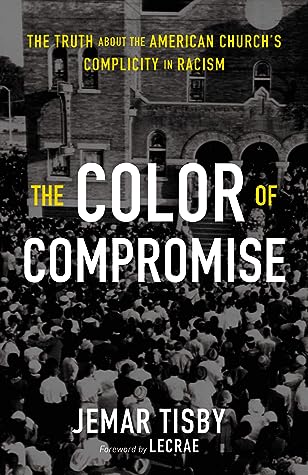Faced with the vicissitudes of starting a nonprofit organization and ensuring its financial viability, Whitefield looked to slavery to secure Bethesda’s welfare. He turned to the wealthy allies he had gained during his revivals in South Carolina for support. With the help of his friends near Charleston, Whitefield purchased a 640-acre plantation and planned to use the profit from the crops produced there to support the work of the orphanage. Whitefield was virtually guaranteed a profit from his plantation activities because he did not plan to pay his laborers. “One negro has been given me,” he
...more
Welcome back. Just a moment while we sign you in to your Goodreads account.


